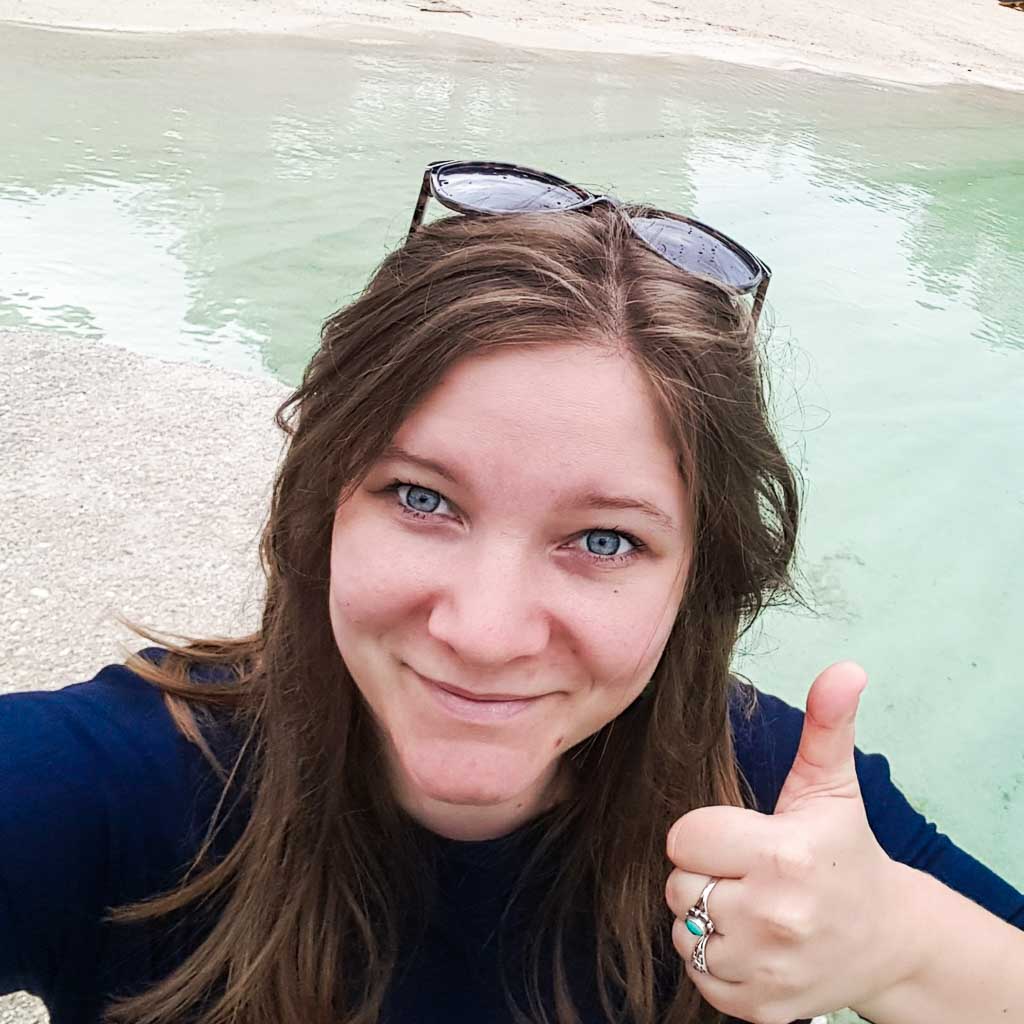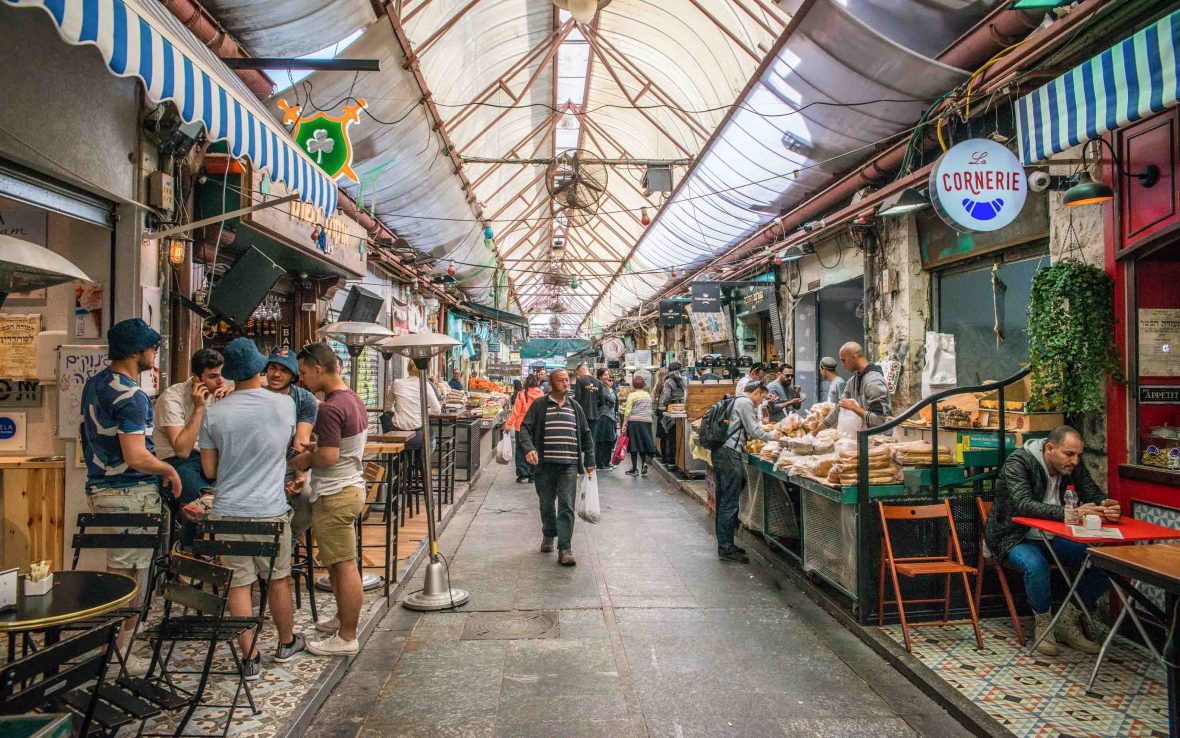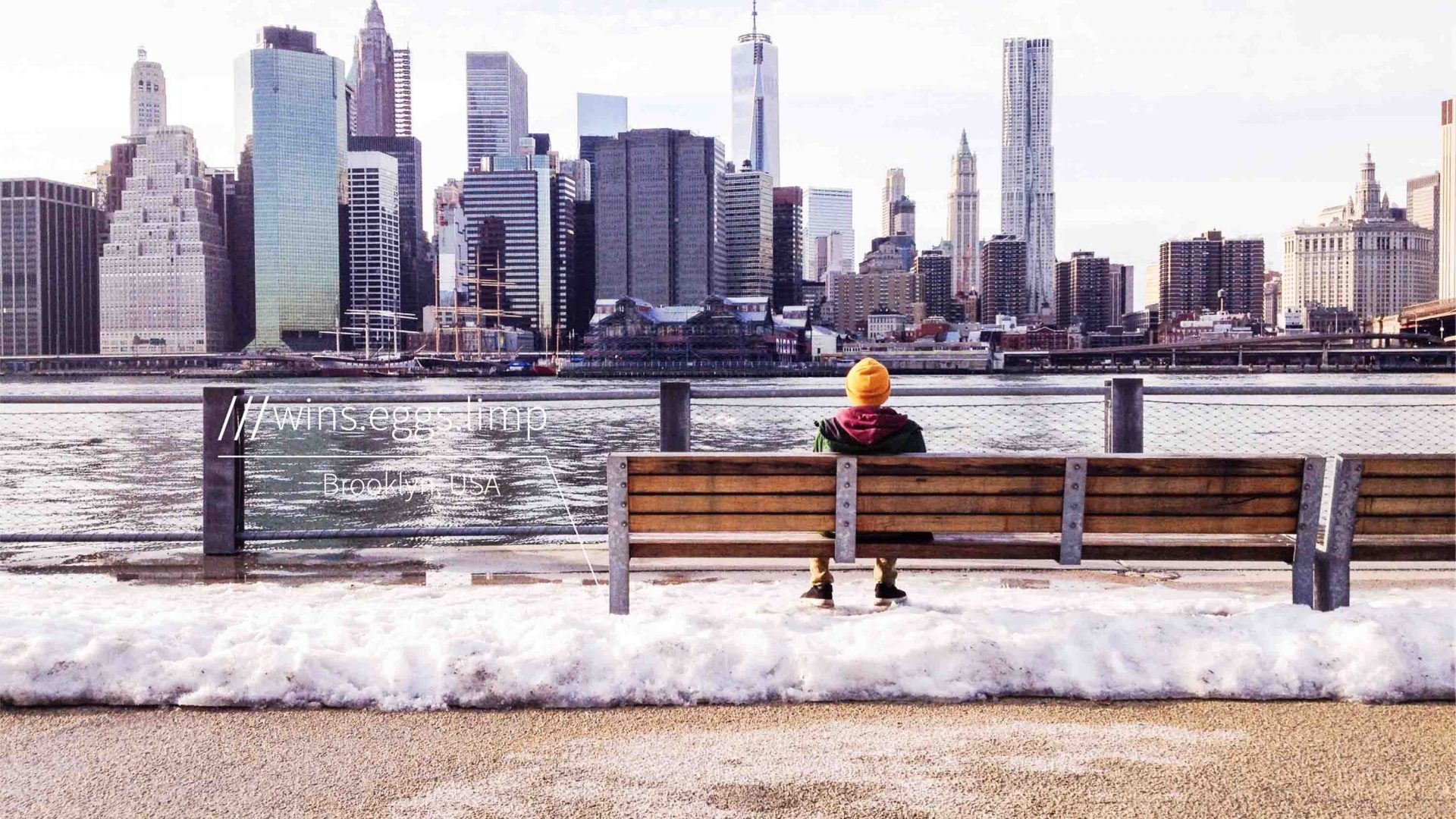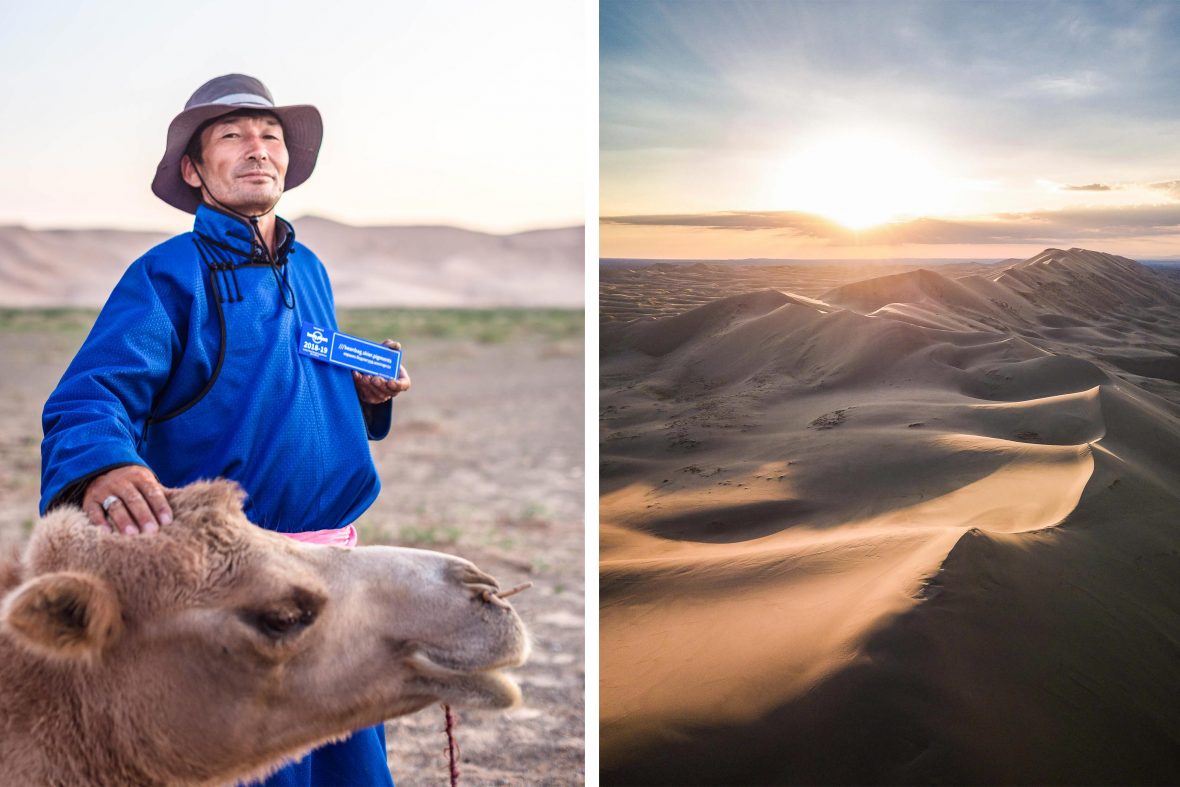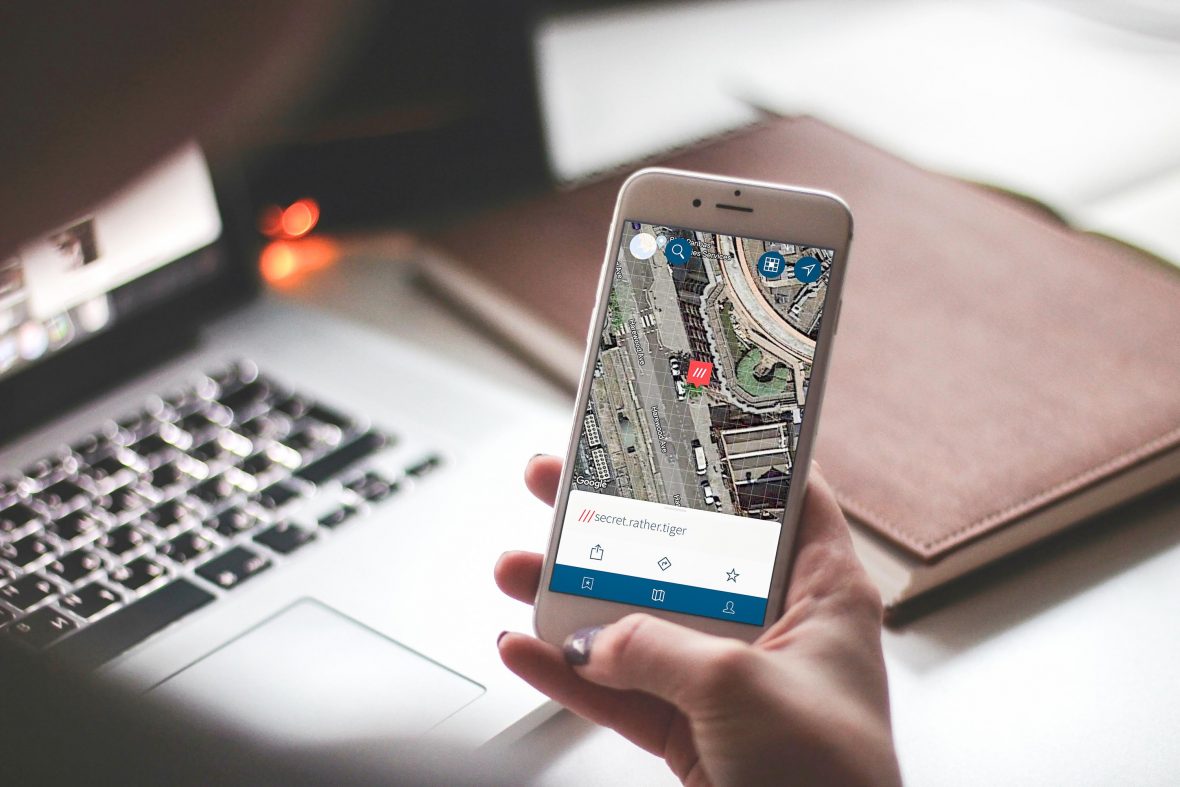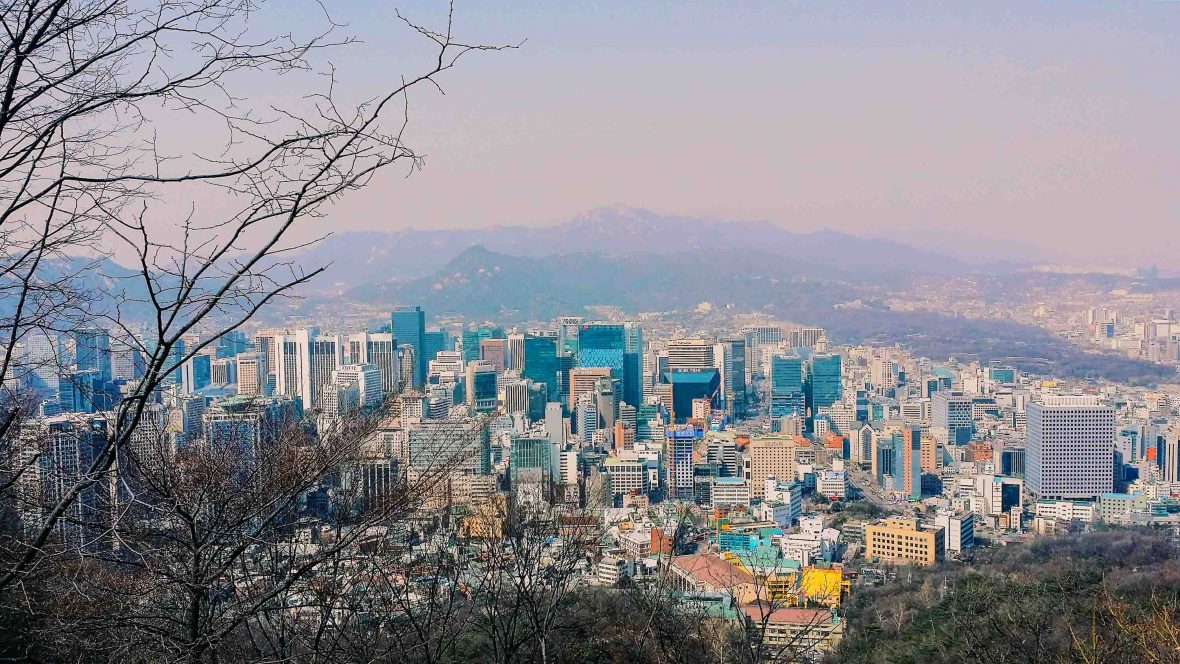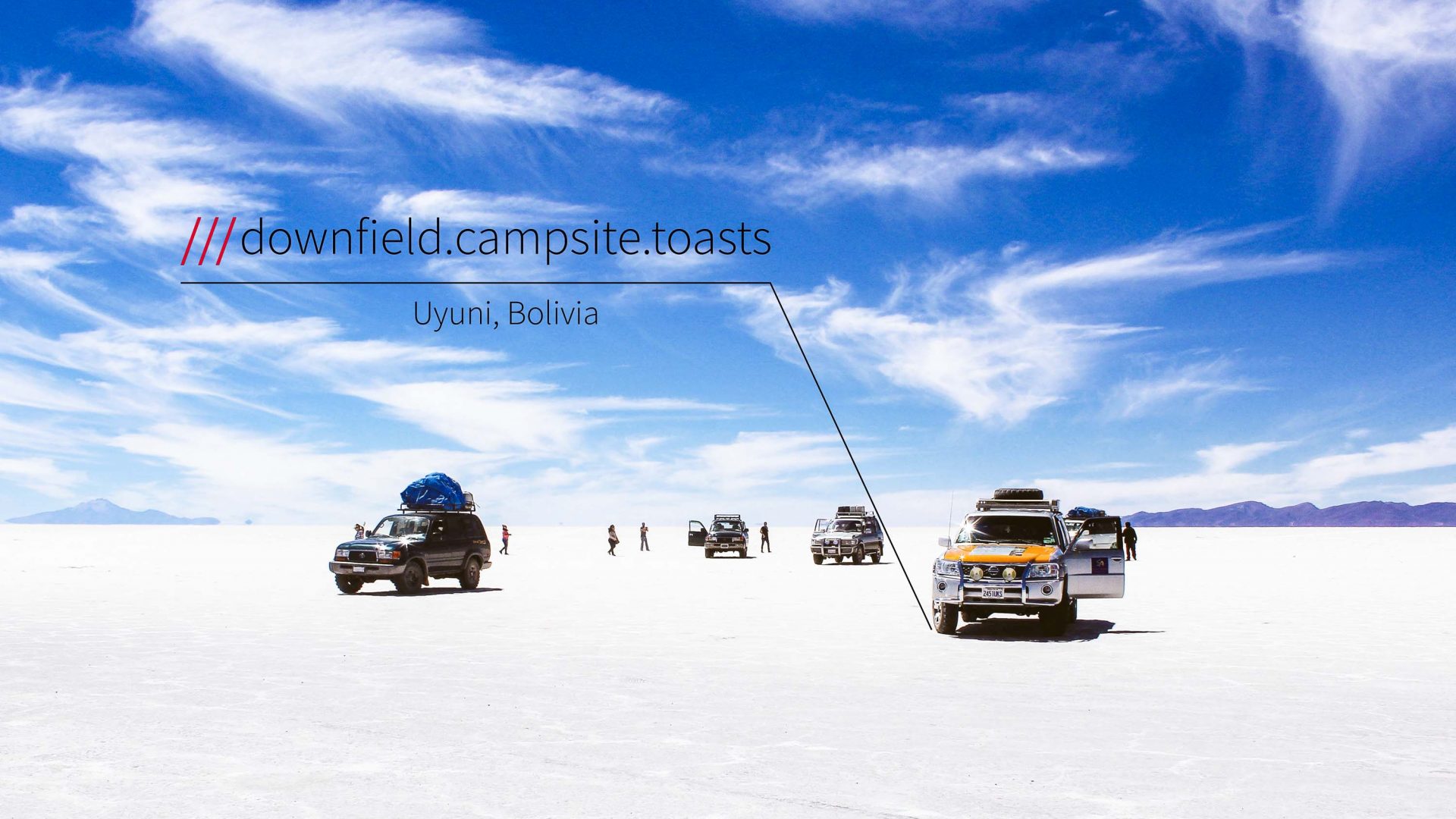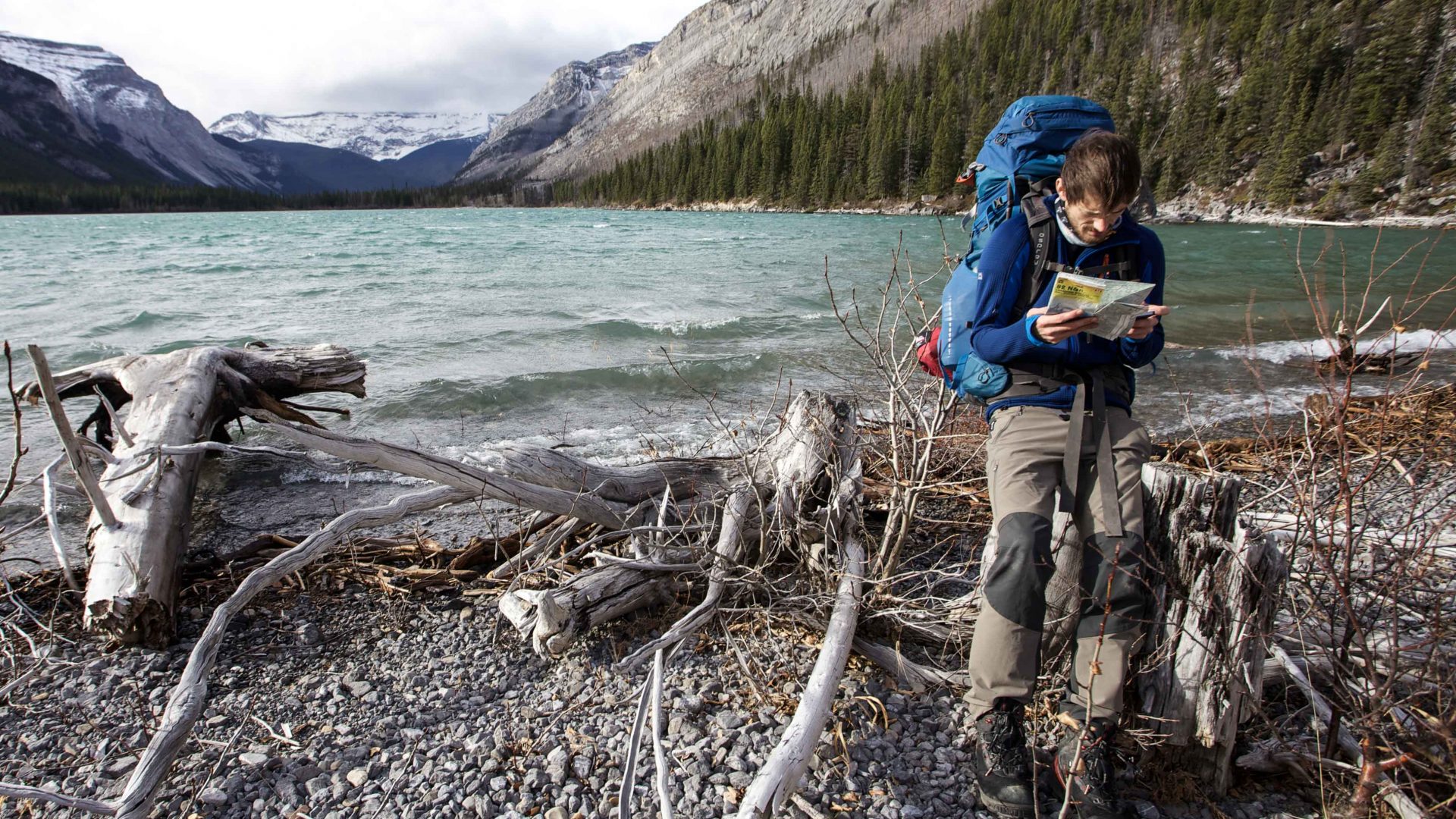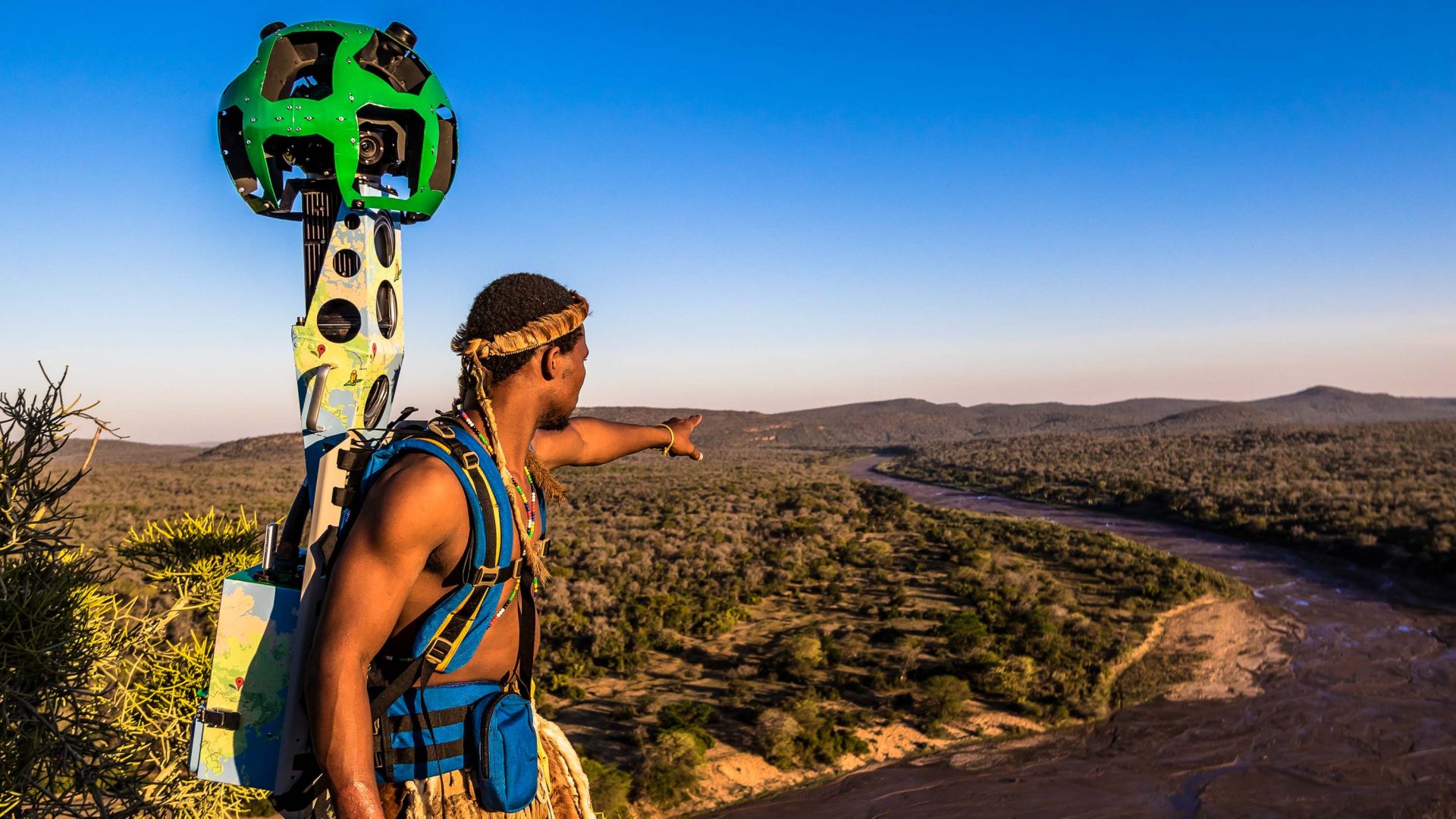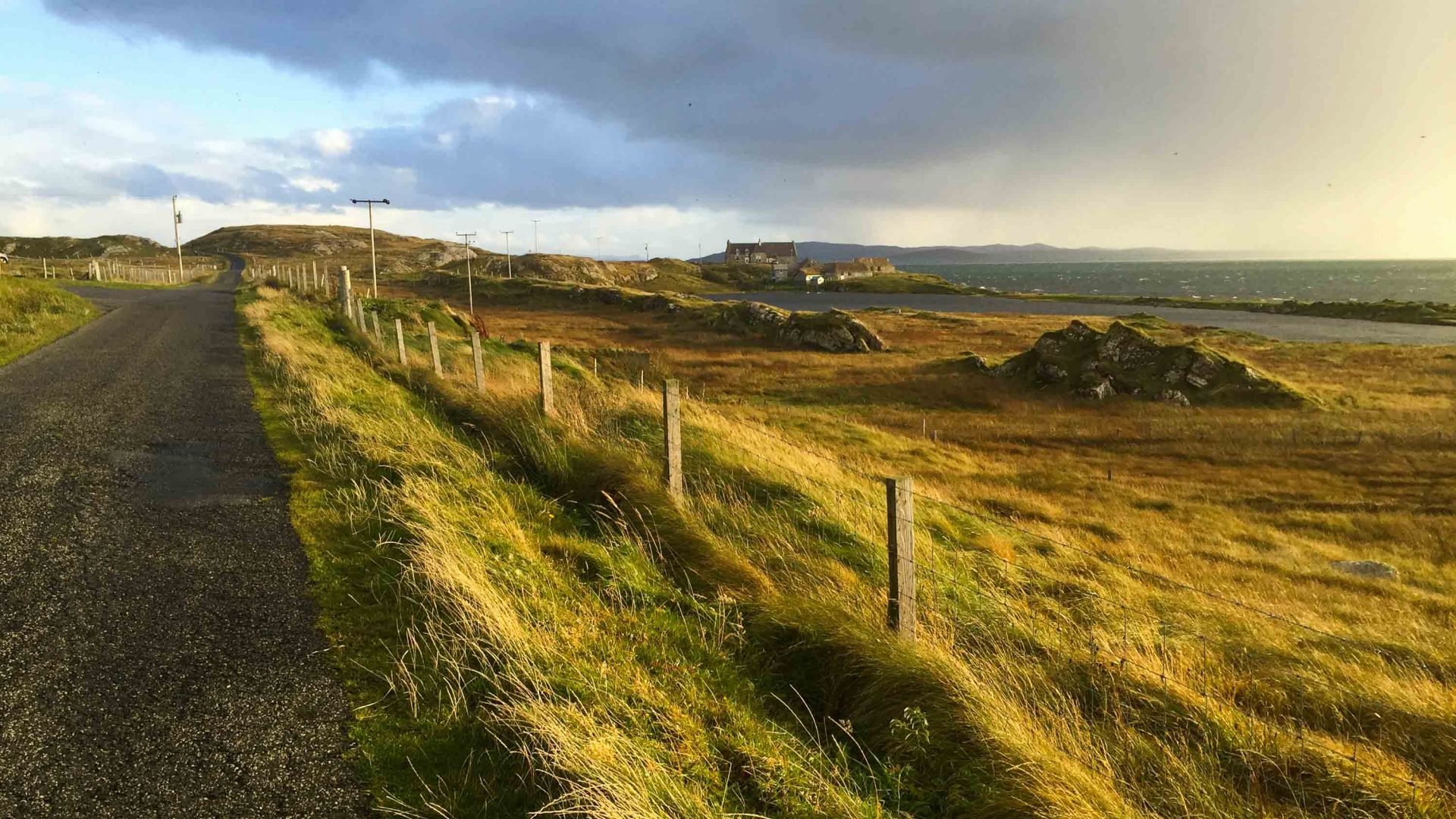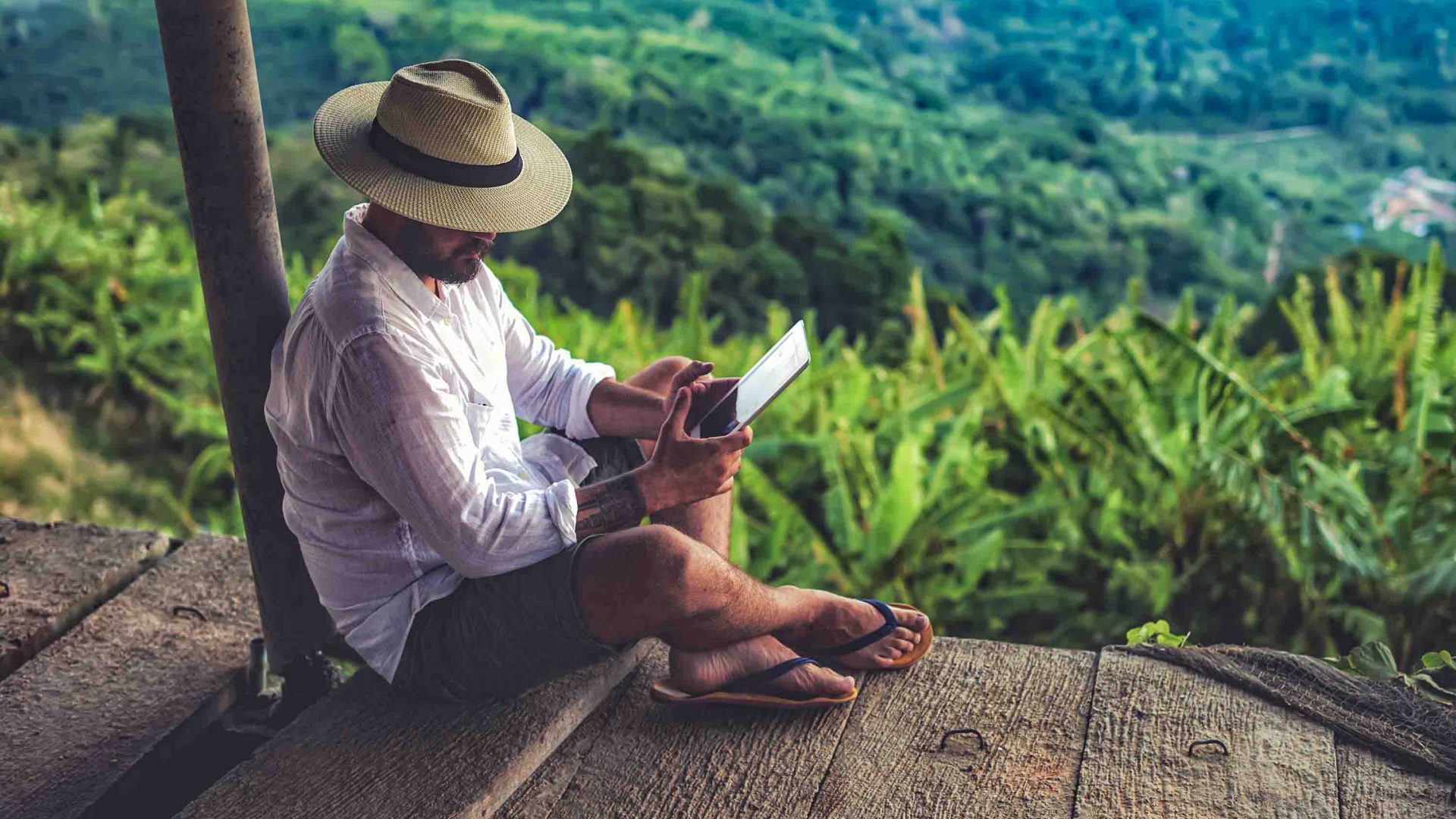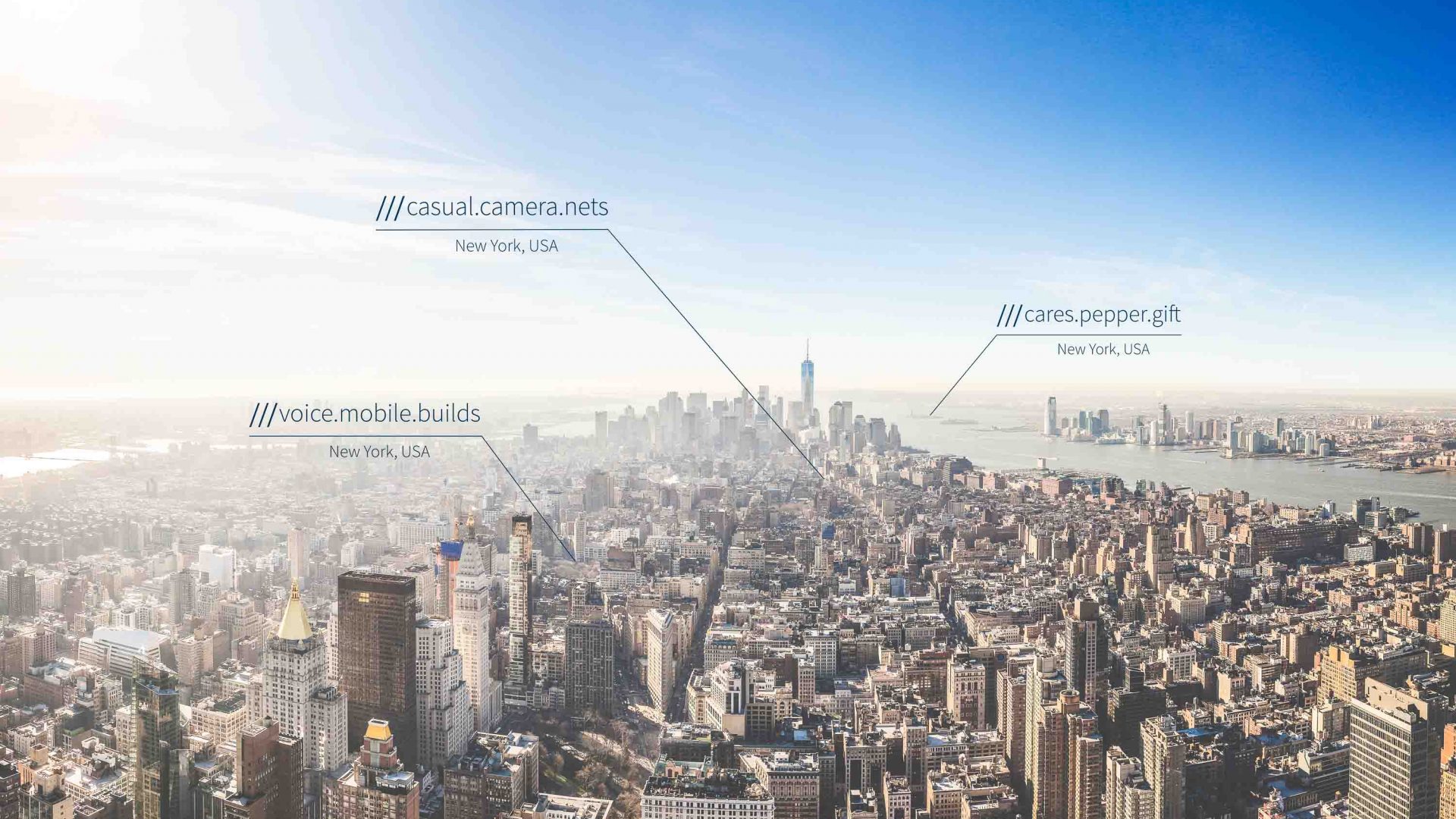
Forever getting lost? This game-changing app is mapping the world—every three square meters at a time—meaning you can find your way even in places without street signs.
“Meet at Valero Square” the instructions said. It sounded so simple, but was easier said than done. I stood there, with a noisy construction site to one side and a smattering of busy cafés on the other, cut right down the middle by a sci-fi-looking tram line and traffic-packed road, searching for a stranger called Maria.
I was in Jerusalem, looking for the tour guide who was to show me around the food paradise that is Machane Yehuda Market—a place that would be impossible to navigate without local knowledge and an understanding of the Hebrew alphabet. Stalls, restaurants, bakeries and bars are packed in so tightly, it’s hard to see where one ends and the other begins—finding a specific establishment can seem borderline impossible.
This is my perpetual problem as a traveler. My propensity to visit far-flung places, where not only the language is different but the alphabet too, presents one consistent problem: Getting around.
